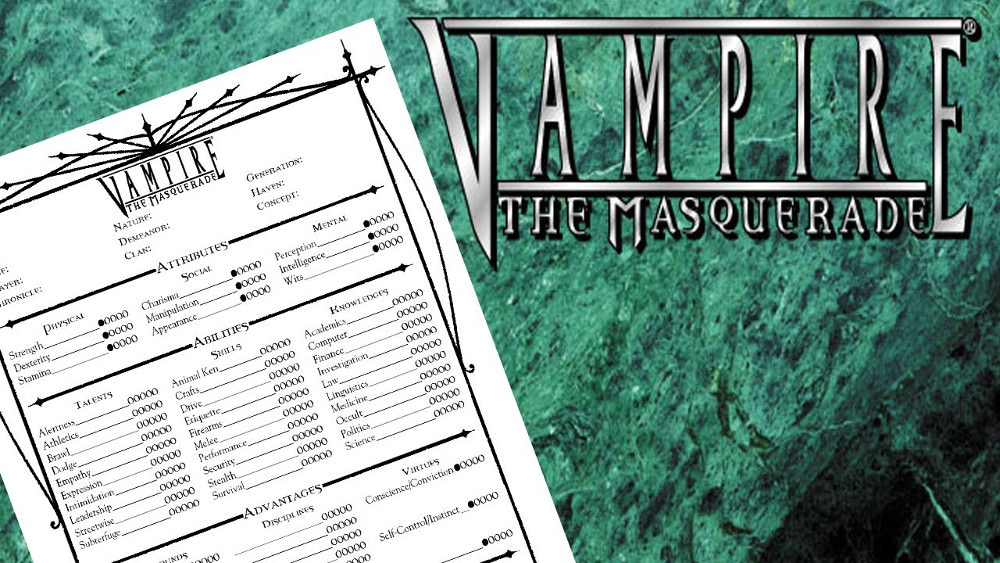Rating Role-Playing Games


Brazil
Brazil is the only country examined in this project that requires compulsory age rating for role-playing games (RPGs). Like films and video games, RPGs are classified by COCIND, within the Ministry of Justice, and according to the same age categories and content criteria. The requirement to rate RPGs is the outcome of multiple episodes involving sensationalist media coverage of murders involving young people.
Within a period of six days in November 2000, two students aged 14 and 17 were found raped, tortured, and murdered in the Brazilian city of Teresópolis in Rio de Janiero state. The mother of the second victim suggested that there could be a connection between the murders and RPG games because her daughter was acquainted with boys who played the games GURPS Illuminati and Vampire: The Masquerade and sometimes wore vampire costumes. Police arrested a young RPG player, who was held in custody for four days until another similar crime was committed, suggesting his innocence. In the meantime, a tabloid newspaper published stories linking RPGs and black magic, and the second victim’s mother began campaigning on the links between RPGs and drug abuse and violence.
On 10 October 2001, 19-year-old Aline Silveira Soares travelled on vacation from Espírito Santo to the city of Ouro Preto in Minas Gerais state. She was found murdered in a graveyard four days later. Soares had been stabbed repeatedly in an attack supposed to be drug-related, but the discovery by police of RPG books in her accommodation and their characterisation by the police commissioner as “satanist material” led to public concerns over the effects of such media (Ferrari 2015). Four teenagers were accused of Soares’ murder when police learned that one of their games involved the ritual sacrifice of a character played by Soares.
Following Soares’ murder, the independent local councillor Bendintho Duarte began a campaign against RPGs alongside the public prosecutor Fernando de Almeida Martins. Martins brought a Public Civil Action to ban three RPG titles: Vampire: The Masquerade, GURPS Illuminati, and Demons: The Divine Comedy, and to require that all RPGs were subject to age classification (MPF 2002). An investigation into RPGs included a psychological expert’s report which argued that “several of these games incite violence, spread pleasure through Satanism, mental disturbances, physical imperfections or death” (MBF 2002). Although the injunction was appealed by both an RPG distributor and the Federal Government, the Judge in the 5th Federal Court of Minas Gerais “partially granted the application for protection, determining to the Union, through the Ministry of Justice, the establishment of criteria for age classification of all RPG games in the Country” (MBF 2002). The decision in Action Civil Law No. 2001.38.00.039726-7 required that the Federal Government establish age-rating for RPGs within 120 days (specified in MJ 766/2002).
RPGs reappeared in the media following a triple murder in Guarapari in 2005, committed by Mayderson de Vargas Mendes and Ronald Ribeiro Rodrigues. Mendes and Rodrigues confessed that they killed a friend and his parents, and were motivated by an RPG. However, it is alleged that this connection between the murders and the RPG was suggested by their defence lawyer to mitigate the actions of his clients (Del Debbio n.d.). Following this incident, a local court banned the distribution and marketing of RPG books and related media. In practice, this state ruling has had little effect on RPGs availability within Brazil. – Liam Grealy
Further reading:
– Del Debbio, M. (n.d.). Innocent RPG. Daemon Editoria. http://www.daemon.com.br/home/rpg-inocente/
– Federal Public Ministry. (2002). TRF maintains decision that determines RPG game rating by age group. https://goo.gl/ETRve4
– Ferrari, M. (2015). A short history of gaming in Brazil. Gamerati. http://gamerati.com/a-short-history-of-gaming-in-brazil/